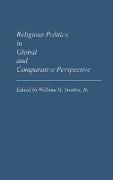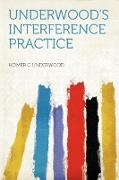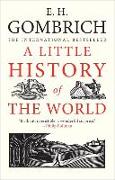Religious Politics in Global and Comparative Perspective
BücherAngebote / Angebote:
Current social and political theories, which tend to dismiss religious resurgence as a deviant occurrence in the broad sweep of history, do not provide an adequate framework for the study of the dramatic resurgence of religion as a worldwide political force. This book is the first to address the interplay of religion and politics systematically and on a global scale. Offering interpretive essays as well as quantitative comparative analyses, it develops a comprehensive theoretical framework and presents the most complete comparative account available of the realities of religious politics in the contemporary world. The first of the interpretive chapters focuses on the cultural factor as a means of clarifying the role of religion in the modern world system. The next two chapters examine the concept of the self in the context of globalization and the absence of solidarity as a unifying force in societal systems. The role of ultimate values in politics and the reasons for the emergence of militant religious movements in nation-states is also considered.
A worldwide study of religious change between 1900 and 1980 gives a clear picture of contemporary global religious movements and formulates a tentative set of explanations of change based on data analysis. The statistical links between religious beliefs and political views, and between religion and democracy, are explored. The editor's concluding chapter looks at the implications of the authors' findings for general theory in the sociology of religion. The editor stresses the need for reconceptualizing basic theoretical constructs, particularly the concept of religion itself. An important contribution to our understanding of the religious and political forces that are shaping the modern world, this work will be of interest to academics, researchers, and students of world religions, sociology, and political science.
Folgt in ca. 15 Arbeitstagen




